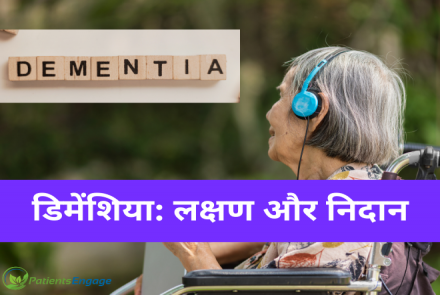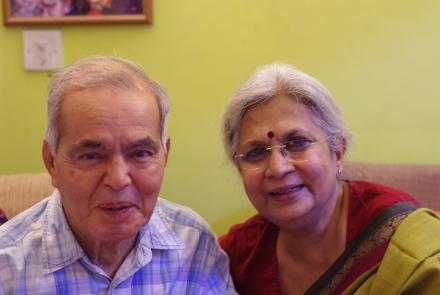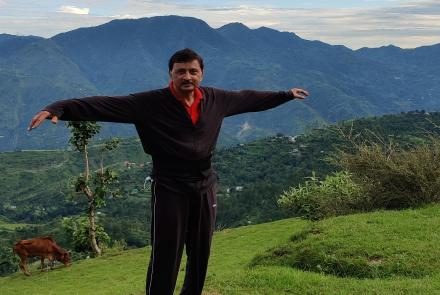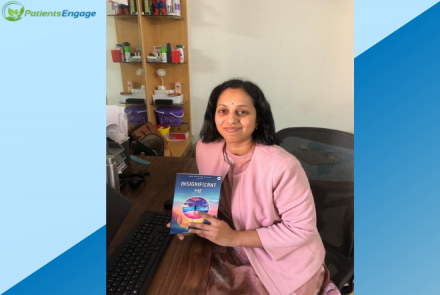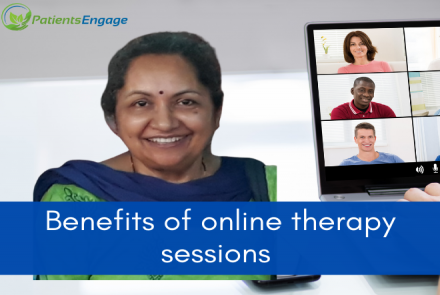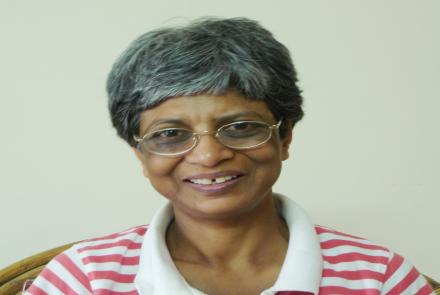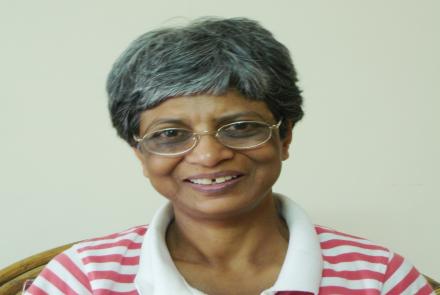डिमेंशिया शब्द तो शायद आपने सुना होगा, पर क्या डिमेंशिया सिर्फ भूलने की बीमारी है या कुछ और? व्यक्ति को डिमेंशिया है, यह कैसे जानें, निदान कैसे प्राप्त करें? क्या इस की कोई दवा है? डिमेंशिया देखभाल के लिए क्या जरूरी है? इस दो-भाग के लेख में इन सब पहलुओं पर जानकारी और टिप्स साझा कर रही हैं स्वप्ना किशोर, जिन की इस विषय पर विस्तृत वेबसाइट भी हैं।
इस पहले भाग के विषय हैं डिमेंशिया के लक्षण, डिमेंशिया और सामान्य उम्र वृद्धि में फर्क, निदान की प्रक्रिया, और इन से संबंधित परिवार वालों के…
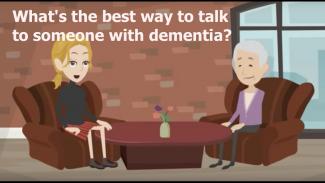
Communicating with a person with dementia can be quite a challenge. There are some tips that can definitely help get the attention of the person and not agitate them. Here are some Dos and Don'ts.
| DO's | DON'Ts |
| Approach from the front, make eye contact and introduce yourself if necessary | Don’t wave hand while talking as person’s attention could be distracted |
| Speak slowly, calmly and use a friendly facial expression | Don’t talk too fast or shout. Shouting out could have negative effect as the person would feel threatened. |
| Be patient when talking to the person | Don't interrupt the person while he/she is talking. |
| Use short simple and familiar words. | Don’t use complicated words. |
| Show that you are listening and trying to understand what is being said. | Don’t walk away from the person while talking. |
| Ask one question at a time, and allow time for a reply. | Don’t talk without pausing. The person may find it difficult to follow through long sentences. |
| Make positive suggestions- eg. “Let’s go into garden “ rather than negative one, such as “let’s not go there” | Don’t confront or correct if it can be avoided. Avoid arguing and criticising. |
| Identify each other by name rather than using pronouns (she, he). | Don’t talk about the person as if he/she weren’t there. |
| Empathise and be understanding. Touch or hug if it will help. | Don’t show displeasure when the person could not respond properly to the message. |
| Be sensitive when dealing with the person | Don’t treat the person as a child |
| Use light/ pastel colours as they have a soothing effect. | Don’t use bright colours in the environment. |
Stay tuned next week for - Tips for Bathing, Dressing & Eating !
Changed
22/Feb/2017
Condition

